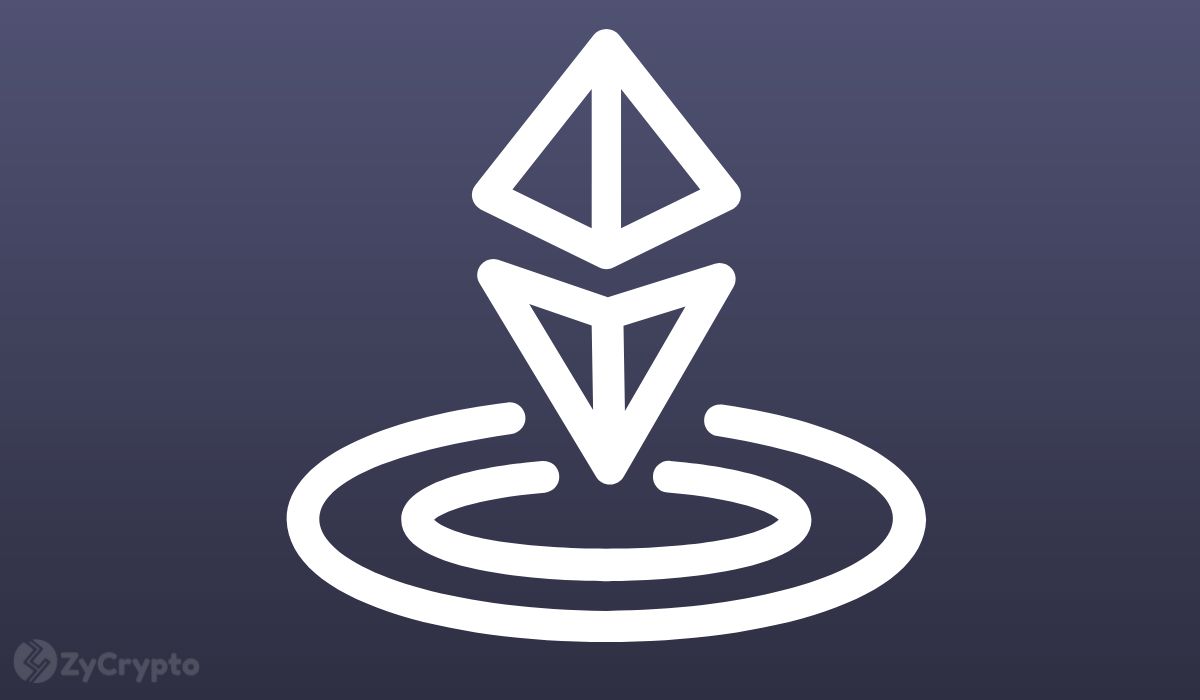![]()
Ethereum co-founder Jeffrey Wilcke recently executed a significant transfer of 10,000 ETH, valued at an impressive $27.58 million, to the major exchange Kraken.
On Feb. 10, Wilcke also moved 4,300 ETH worth $10.7 million to Kraken. His latest transfer boosts his total deposit to the exchange to a whopping $38.28 million in ETH. While it’s unknown what Wilcke intends to do with the ether tokens, he might sell them on the open market via Kraken to take some profits.
Wilcke’s transfers come as the ether price climbed past the $2,800 mark today for the first time since May 2022 as traders bet on the likelihood of a spot ETH exchange-traded fund (ETF) listing in the U.S., a move that could undoubtedly bolster its appeal among institutional investors. ETH is currently priced at $2,849.37 according to CoinGecko data, a 4% jump on the day.
There are multiple spot ETH ETF applications before the U.S. Securities and Exchange Commission, which is expected to make a decision by late May. High-profile firms, including BlackRock, Fidelity, Ark and 21Shares, Grayscale, VanEck, Invesco and Galaxy, and Hashdex have all submitted paperwork with the regulator. Franklin Templeton, an asset manager with around $1.5 trillion in assets under management, recently became the latest to join the ETH ETF race.
February has been a bullish month for Ethereum so far, with the industry’s second-biggest token making double-digit gains and eyeing the elusive $3,000 milestone.
Besides spot ETF expectations, the Ethereum network is expected to execute the eagerly-awaited Dencun upgrade on March 13. This upgrade promises to dramatically improve the performance and efficiency of the Ethereum mainnet by introducing proto-danksharding — a feature that seeks to lower transaction costs on layer 2 scaling solutions by creating dedicated data storage spaces called “blobs.”
After full roll-out, Dencun is expected to greatly increase Ethereum’s transaction processing capacity, allowing the network to handle over 100,000 transactions per second. This improvement is important for Ethereum’s ability to sustain a booming ecosystem of decentralized applications (dapps) and users.



















